Ci2023: A Child's Freedom to Read
 "All action matters," said Laura DeLaney, co-owner of Rediscovered Books in Caldwell, Idaho, during a panel discussion Wednesday morning at Children's Institute 2023 in Milwaukee, Wis. "This is something happening across our nation. It all matters, whether the steps you take are small or large."
"All action matters," said Laura DeLaney, co-owner of Rediscovered Books in Caldwell, Idaho, during a panel discussion Wednesday morning at Children's Institute 2023 in Milwaukee, Wis. "This is something happening across our nation. It all matters, whether the steps you take are small or large."
Called "A Child's Freedom to Read," the session focused on practical strategies and tactics booksellers can use in their own communities to combat book bans and censorship. The panelists were Hannah Reimer, teacher at the University School of Milwaukee; Lance McGrath, librarian at the College of Idaho and president of the Idaho Library Association; and Jake Bowen, youth services librarian at the Oak Creek Public Library in Oak Creek, Wis. DeLaney served as moderator for the discussion.
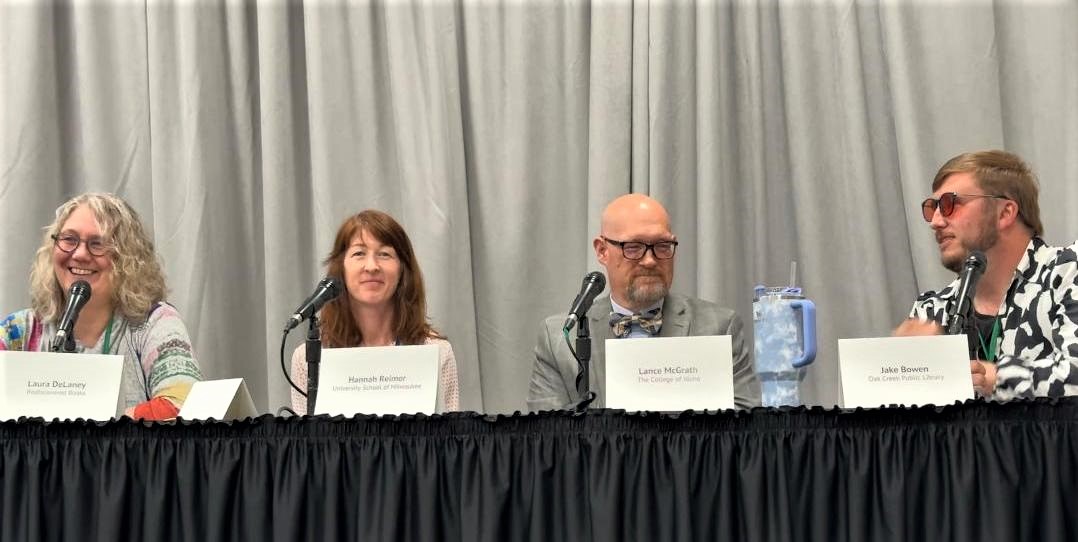 |
|
| (from left) Laura DeLaney, Hannah Reimer, Lance McGrath, and Jake Bowen | |
On the subject of what booksellers can do to resist censorship, Bowen noted that one of the best defenses against challenges is getting those books in the hands of community members. So many challenges are "form letter challenges," where "you get them and laugh," because it is immediately clear that the person challenging the book doesn't know anything about the book. Informed thoughts and opinions about those books are a good way to "challenge those challenges." Bowen also said bookstores could put up posters or signs about things like school board meetings, as a way of raising community awareness.
Reimer remarked that she loves walking into bookstores and seeing staff picks and shelf talkers, and wondered about booksellers creating displays for banned and challenged books that feature shelf talkers saying "why there's so beautiful," and "why they're so wonderful." They could also solicit opinions from customers, and create a "wall of Post-it notes" explaining how great and meaningful the book is. And adding to the point about form letter challenges, Reimer mentioned that a challenge made against Amanda Gorman's book claimed it was written by Oprah Winfrey.
McGrath urged booksellers to advocate for library use. Borrowing books does make a difference, as circulation numbers and similar data can be used to "justify and support funding" for libraries. He agreed that having banned and challenged books in stores is very important, because if community members don't see those books in bookstores, they'll assume they "shouldn't be in the library."
DeLaney reported that when she and her staff hear about new challenges, they set up a postcard writing station at the store. Customers and community members can sit down and write a postcard in support of local librarians, with the postage covered by the bookstore, and there is a template for customers to follow. She called the postcard station simple and fun, and whenever the store does it, "lots of postcards go out."
The conversation then turned to supporting librarians, who in many parts of the country are facing "intense and personal" attacks and are under heightened scrutiny. Rediscovered Books has held a post-legislation get-together with librarians in Idaho. There was no agenda for the meeting, DeLaney said: beer, wine, and food were available, and the entire point was community and creating a space where librarians know it's safe, because "librarians really need them."
McGrath agreed that support "means a lot," and advised that when trying to reach out to librarians, booksellers should try to work with local library associations. Many librarians feel threatened and "their guard is up," and going through established channels like library associations can assure them that the relationship is authentic and in good faith. Little things like thank-you notes from children and parents also go a long way.
Touching on library associations, DeLaney encouraged booksellers to join their local and regional associations. You don't have to be a librarian to join, and you will get text and e-mail alerts about challenges, pieces of legislation, and important elections. DeLaney takes that information and puts it into her store's newsletter and she encourages her customers to join the associations too. She also advocated for donating money to those associations, as "lobbyists aren't cheap," and there is a need for people with "boots on the ground" in that space.
DeLaney recalled that the Rediscovered team thought "long and hard" before stepping into the political arena, noting that during Covid lockdowns there were people with guns marching down the street past the store. Now, she reported the team is so much happier "having taken action," and people on the team feel so much better for not "swallowing" their fear and anger. It's also satisfying to extend their safe space beyond the store's walls.
Both DeLaney and McGrath have testified before the Idaho state legislature, and McGrath gave a number of tips for doing so. People should practice their public speaking and write down their words, with McGrath recalling that he wrote out a full statement and practiced it "over and over again" to get it down under two minutes. In most cases, the rule is "two minutes and then questions," and he said it is "okay to be over-prepared." One has to "remember to breathe," and he recommended breathing "into the question" before speaking.
Discussing some of the resources available, DeLaney said the ABA is working on putting together a comprehensive toolkit, though that is coming along slowly as many of the contributors are still in the thick of things. PEN America can provide a great deal of resources, and she mentioned a proactive initiative that Rediscovered Books created called the Read Freely Project.
Based on World Book Night, the project features eight books chosen by the store that can be distributed to community members for free. Community members can receive up to 10 copies of a given book so long as they submit a proposal explaining their plans for distributing those books. Examples include handing them out at coffee shops or to people leaving the pool. DeLaney said she would be happy to help other booksellers with the logistics of creating a similar event, but she emphasized that the featured books must be tailored to that particular community.
During the panel's q&a portion, an attendee asked how booksellers in parts of the country who are not facing book bans and challenges can help. Reimer said booksellers should do whatever they can to build more community now, and pointed out that even if no one's proposed any legislation yet, there may very well be people in the community who would want to.
DeLaney suggested reaching out to local librarians and asking what pressures they've faced on that front, while another attendee said that giving out banned books or creating a banned book subscription can be valuable anywhere. Yet another audience member said booksellers should look at local parent groups on Facebook--there may already be people discussing what books they don't want their children reading. --Alex Mutter









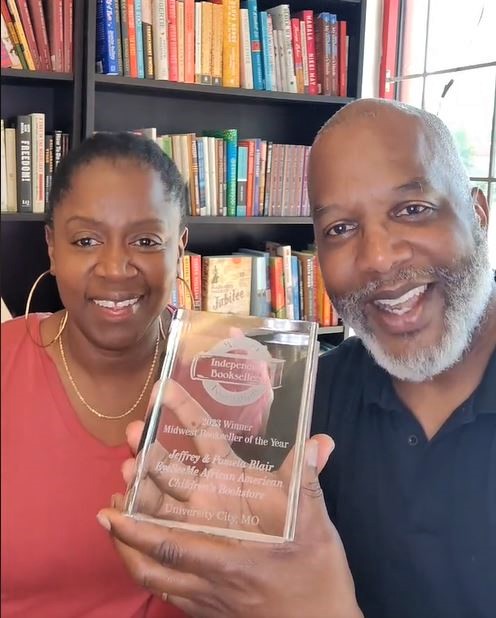
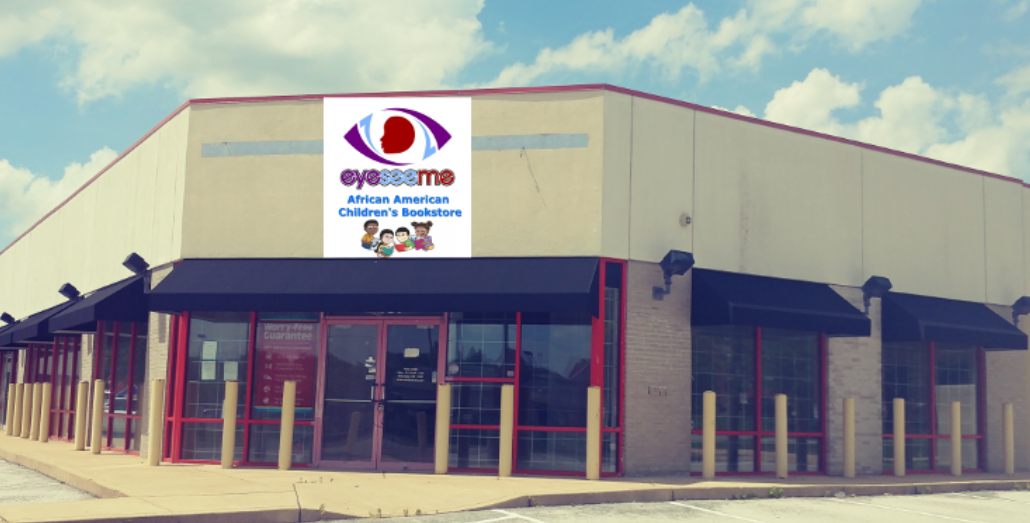 "In addition to their literary gifts, the Blairs have also uplifted their community by sharing their infectious positive energy and warmth. Often joined in bookselling by their daughters Sarah and Naomi, they've created a business that celebrates family. While Jeffrey is often the spokesperson, Pamela is the backbone of the store, reviewing hundreds of publishers' catalogs every season to select titles that include compelling, positive Black representation. While she doesn't prefer the spotlight, her title discovery skills have helped booksellers across our region source books that create a more inclusive shopping experience."
"In addition to their literary gifts, the Blairs have also uplifted their community by sharing their infectious positive energy and warmth. Often joined in bookselling by their daughters Sarah and Naomi, they've created a business that celebrates family. While Jeffrey is often the spokesperson, Pamela is the backbone of the store, reviewing hundreds of publishers' catalogs every season to select titles that include compelling, positive Black representation. While she doesn't prefer the spotlight, her title discovery skills have helped booksellers across our region source books that create a more inclusive shopping experience."
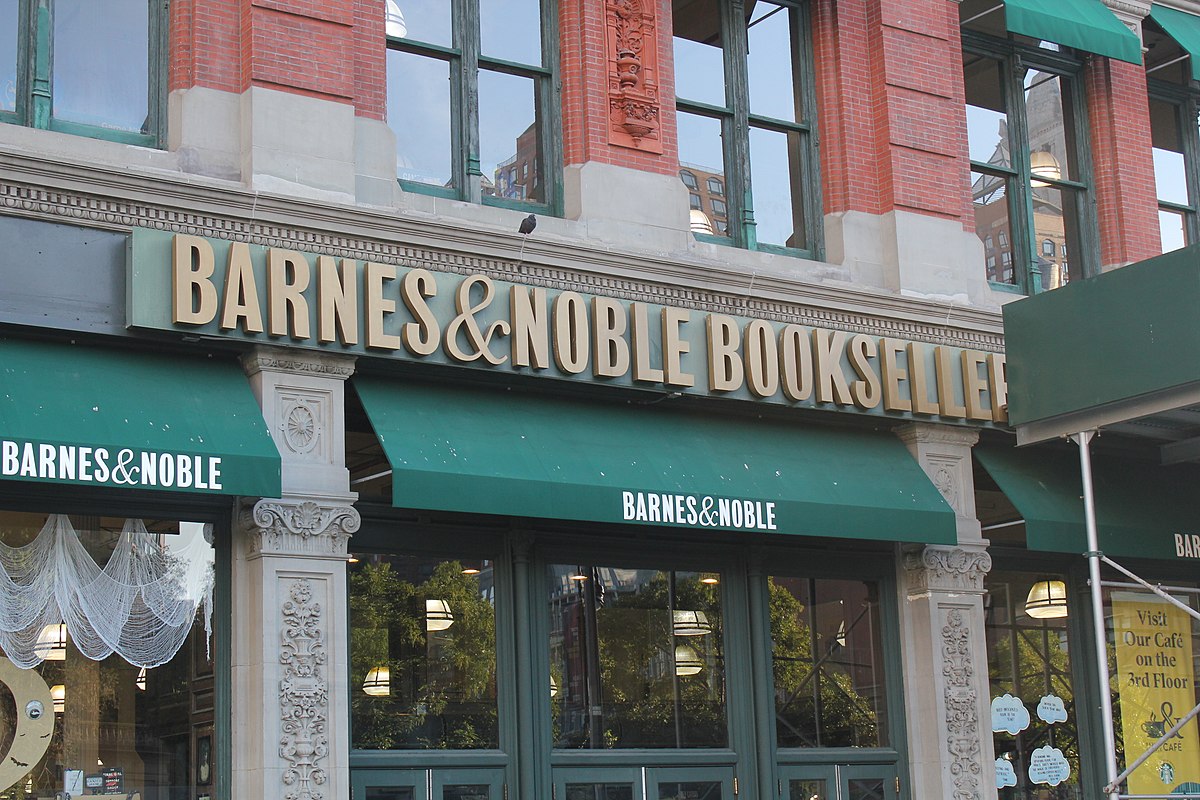 In New York City, booksellers at the flagship Barnes & Noble store on Union Square
In New York City, booksellers at the flagship Barnes & Noble store on Union Square 
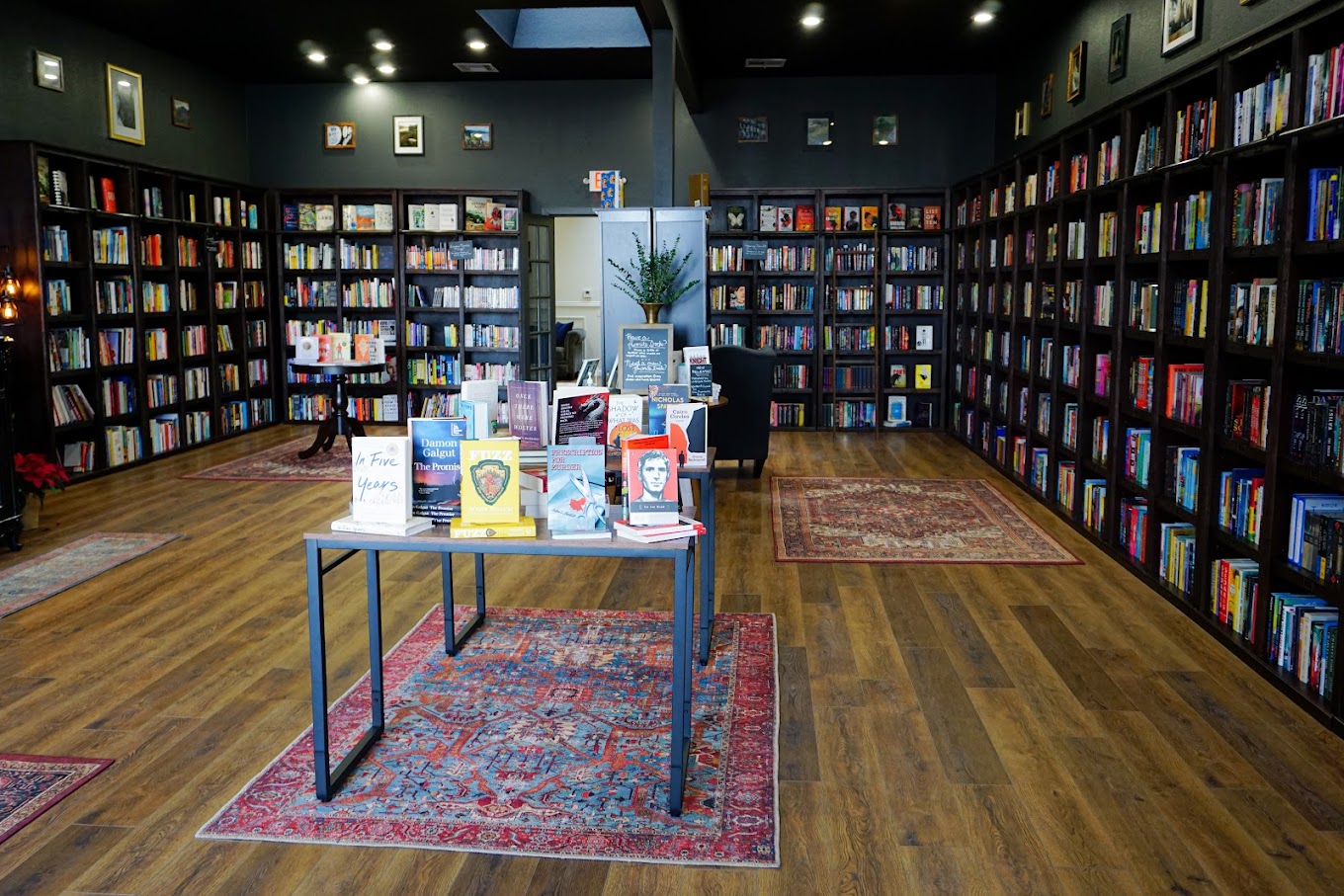
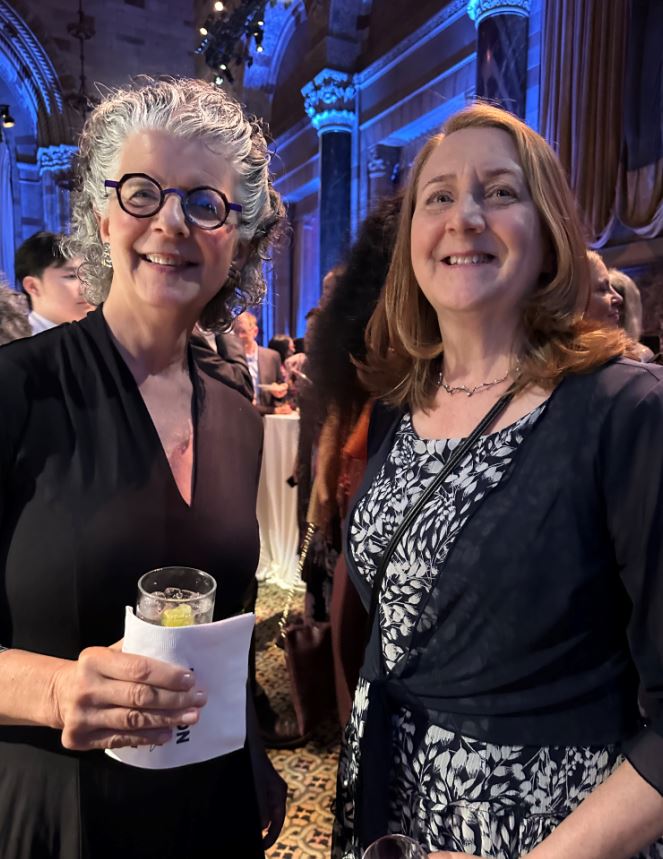
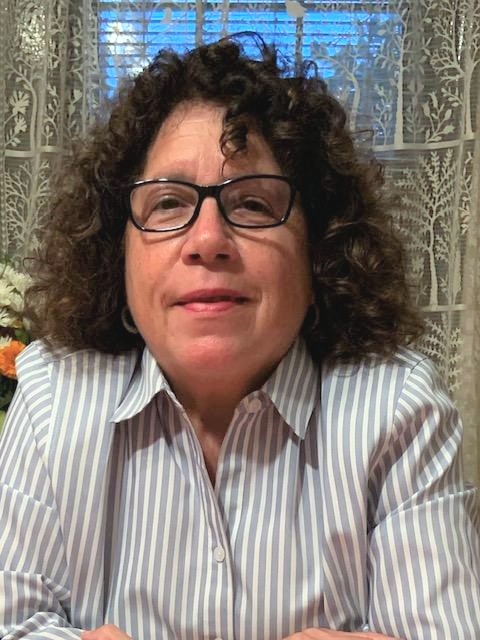
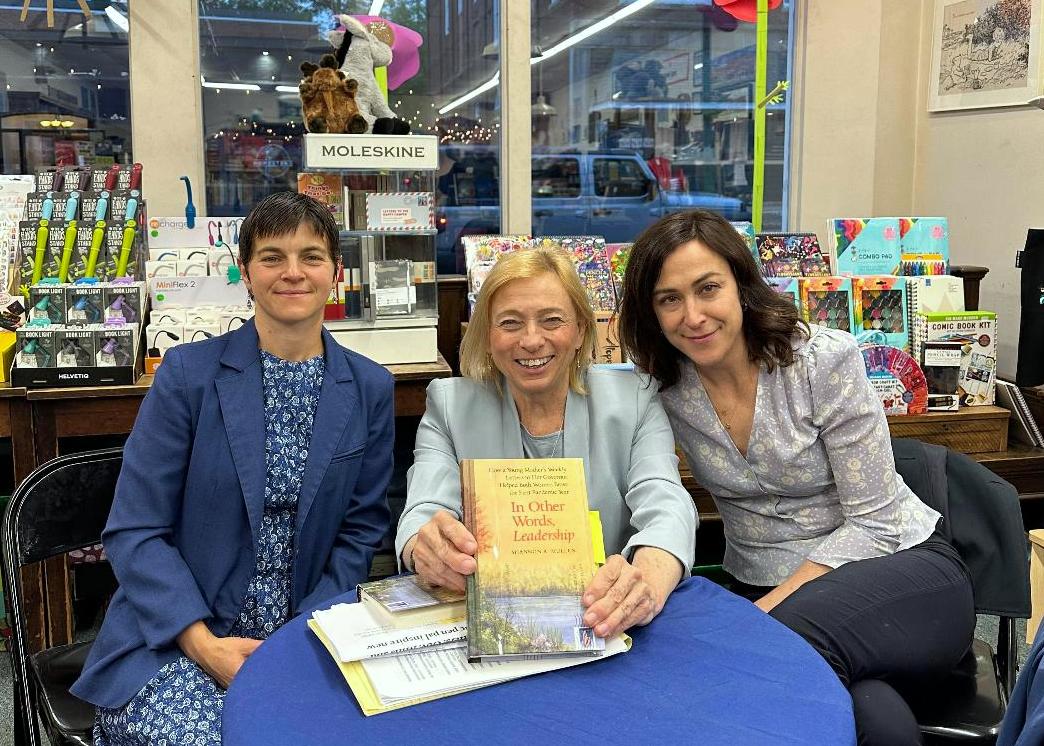
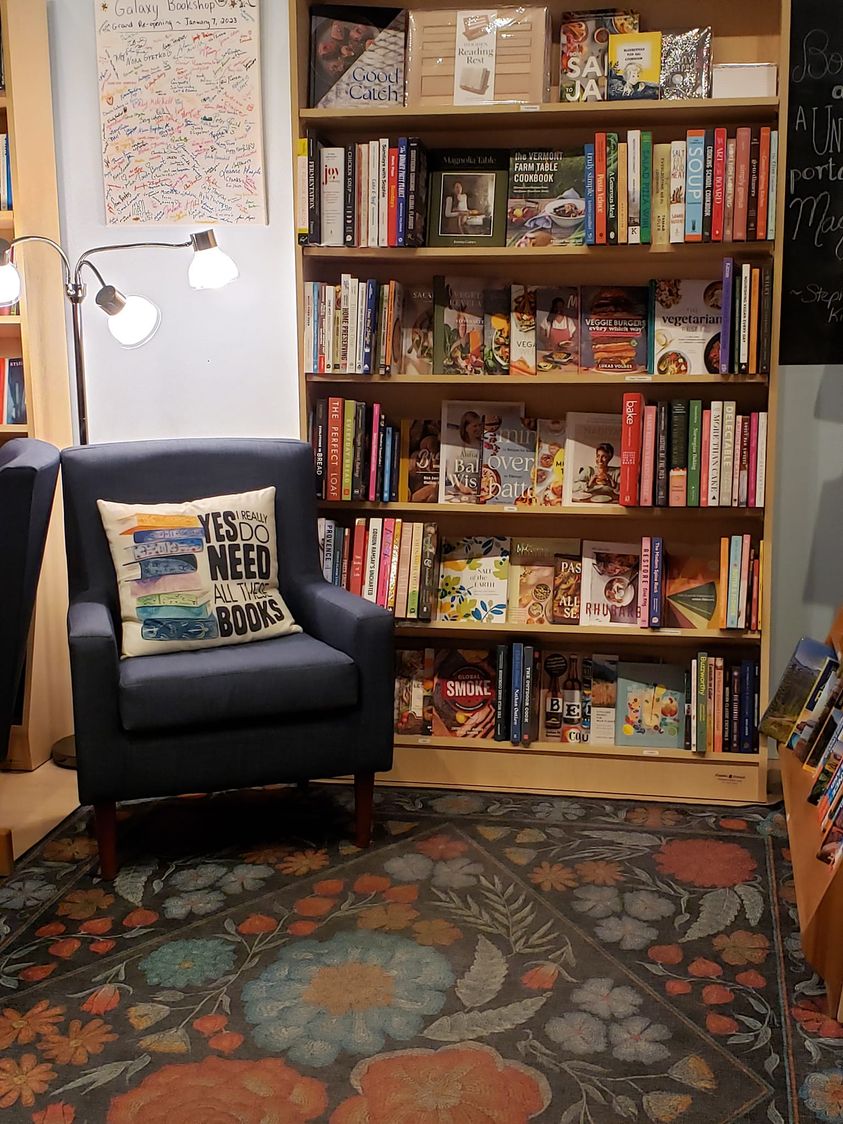 "
"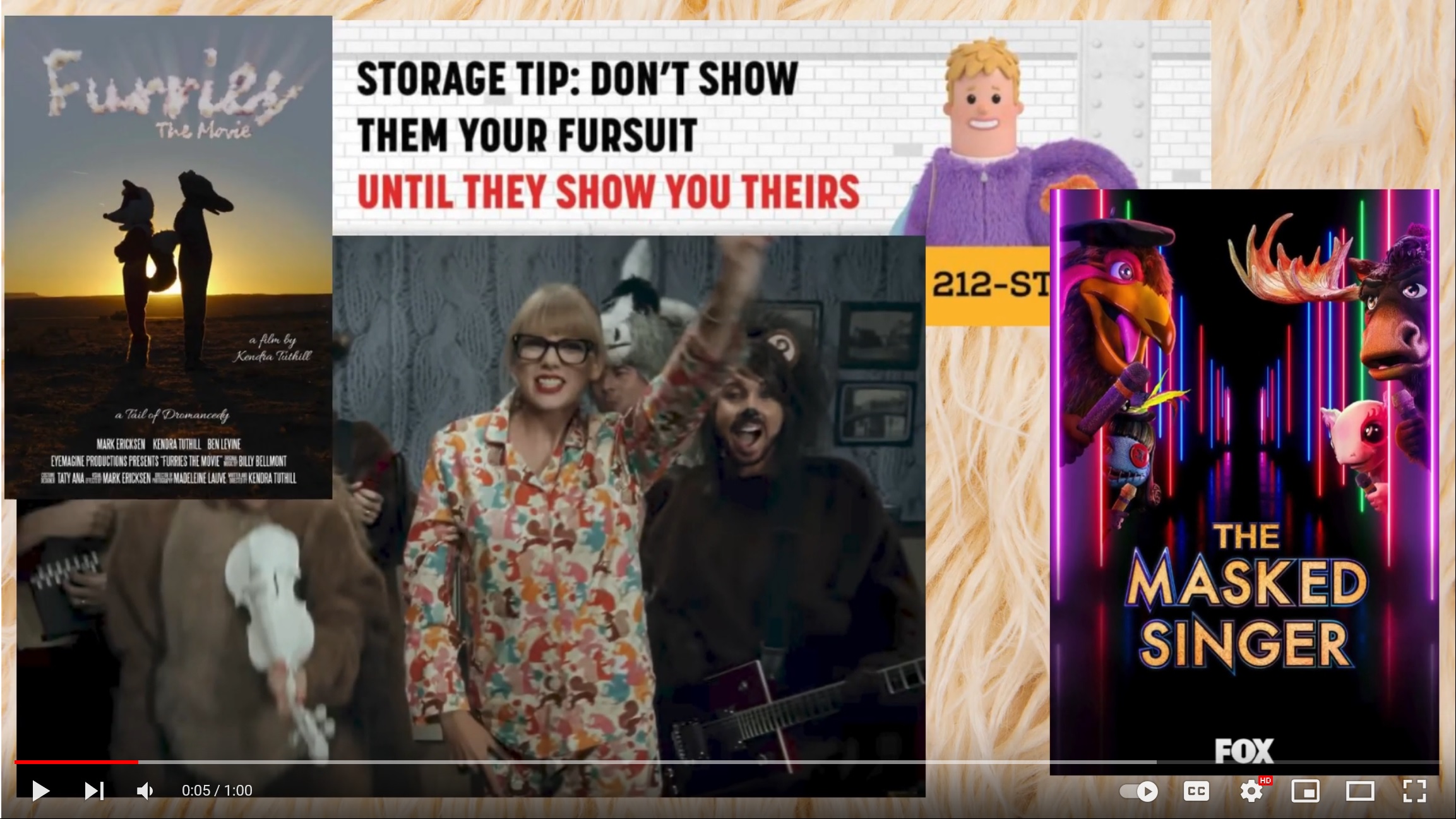 Furry Planet: A World Gone Wild
Furry Planet: A World Gone Wild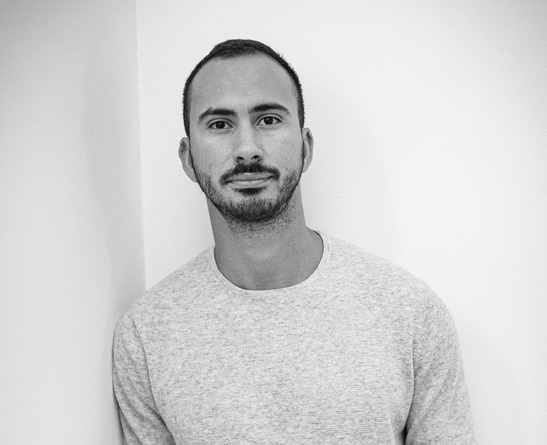
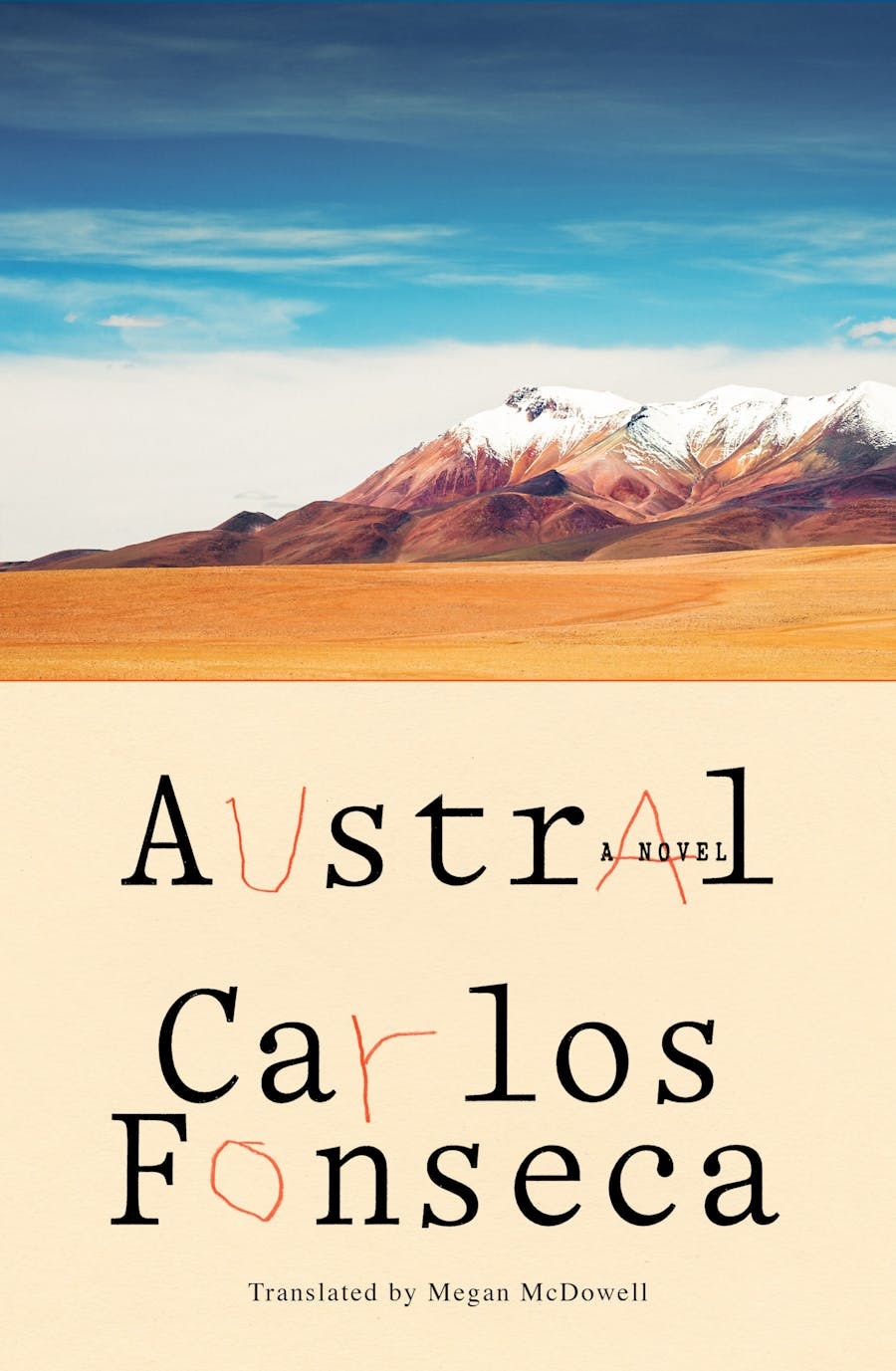 Book you're an evangelist for:
Book you're an evangelist for: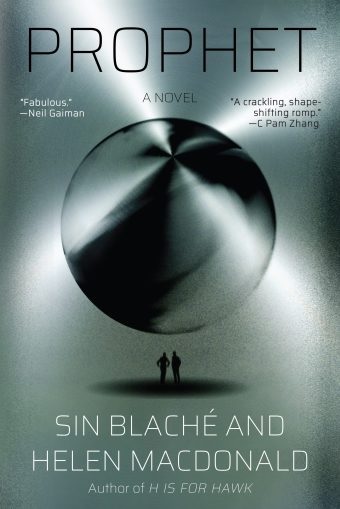 Helen Macdonald (
Helen Macdonald (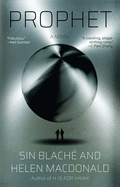
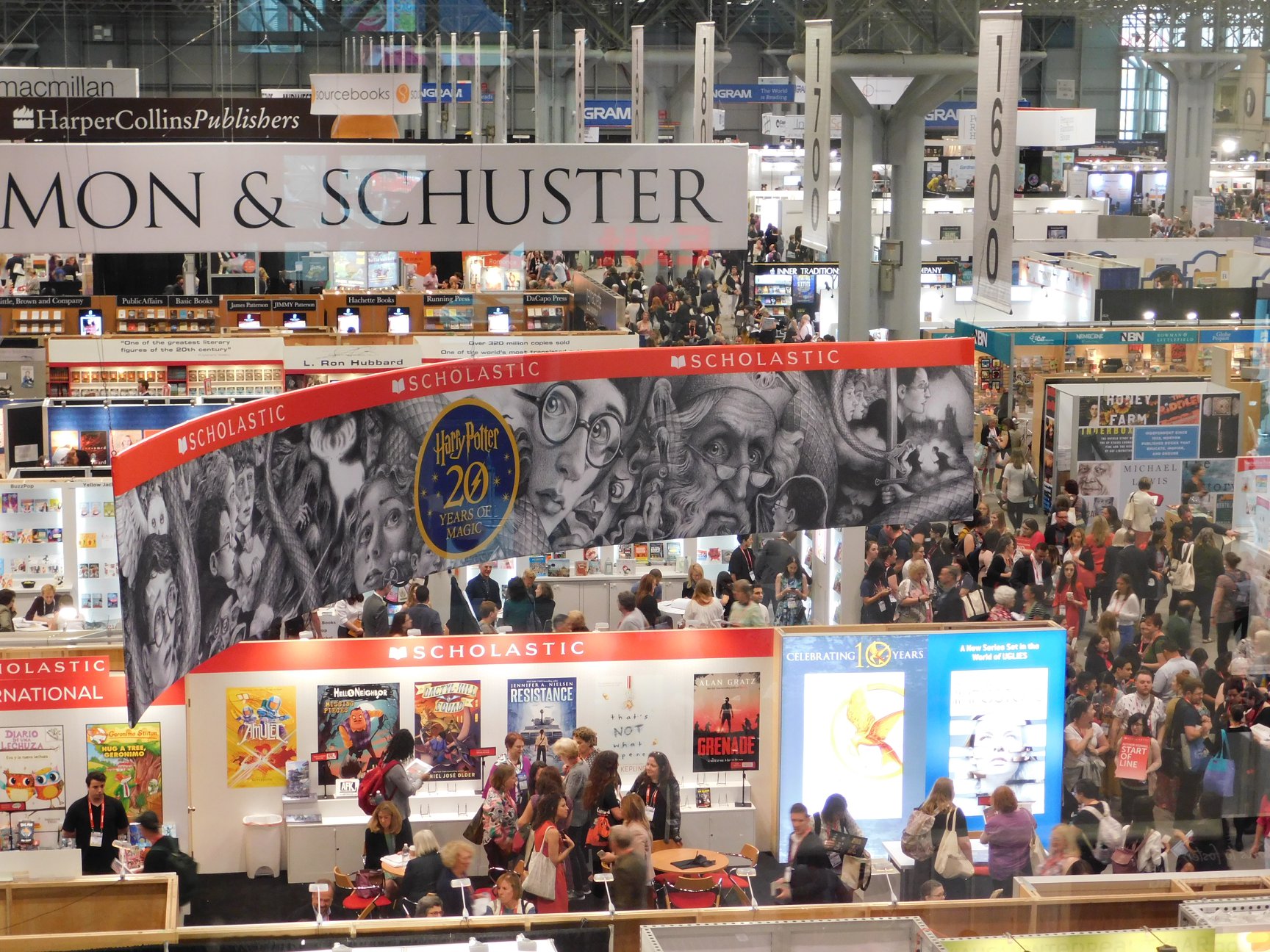 In olden times (pre-2020), at the Javits Center in New York City, if you looked out of a Level 4 Pavilion window during BookExpo, you could see part of the Level 3 Exhibit Hall below. It was a moment when you almost felt like you were flying above the trade show floor, the scurrying book people, the crowded aisles, the colorful booths beneath huge banners announcing the presence of major publishers, distributors, and other "players" in the business.
In olden times (pre-2020), at the Javits Center in New York City, if you looked out of a Level 4 Pavilion window during BookExpo, you could see part of the Level 3 Exhibit Hall below. It was a moment when you almost felt like you were flying above the trade show floor, the scurrying book people, the crowded aisles, the colorful booths beneath huge banners announcing the presence of major publishers, distributors, and other "players" in the business. Yet another post-BookExpo season has come and gone since we last gathered at the Javits Center in 2019 for what we still considered our annual business-as-usual celebration of all things book. Maybe the haunting began the following year. Virtual BookExpo 2020, in the early, terrifying days of Covid-19, had an eerie vibe because of all the disembodied Zoom imagery, not to mention global plague literally in the air.
Yet another post-BookExpo season has come and gone since we last gathered at the Javits Center in 2019 for what we still considered our annual business-as-usual celebration of all things book. Maybe the haunting began the following year. Virtual BookExpo 2020, in the early, terrifying days of Covid-19, had an eerie vibe because of all the disembodied Zoom imagery, not to mention global plague literally in the air.  Like everyone in the spring of 2020, I'd suspended any delusions about the future. By May, without BookExpo to attend, I wrote: "Imagine thousands of book people convening annually for a few days in Manhattan. Imagine a city hotel full of booksellers. Now imagine the book world we're living in this spring. Imagine bright lights, big city, no BookExpo. Imagine people who would be talking books all day--and well into the night, face to face--suddenly becoming Zoom watchers. Imagine that being the best-case scenario under tough, even life-threatening circumstances. Covid-19 hit hard, Javits became a hospital, BookExpo went virtual and we don't know what the book world will become in six months, one year or even five years."
Like everyone in the spring of 2020, I'd suspended any delusions about the future. By May, without BookExpo to attend, I wrote: "Imagine thousands of book people convening annually for a few days in Manhattan. Imagine a city hotel full of booksellers. Now imagine the book world we're living in this spring. Imagine bright lights, big city, no BookExpo. Imagine people who would be talking books all day--and well into the night, face to face--suddenly becoming Zoom watchers. Imagine that being the best-case scenario under tough, even life-threatening circumstances. Covid-19 hit hard, Javits became a hospital, BookExpo went virtual and we don't know what the book world will become in six months, one year or even five years."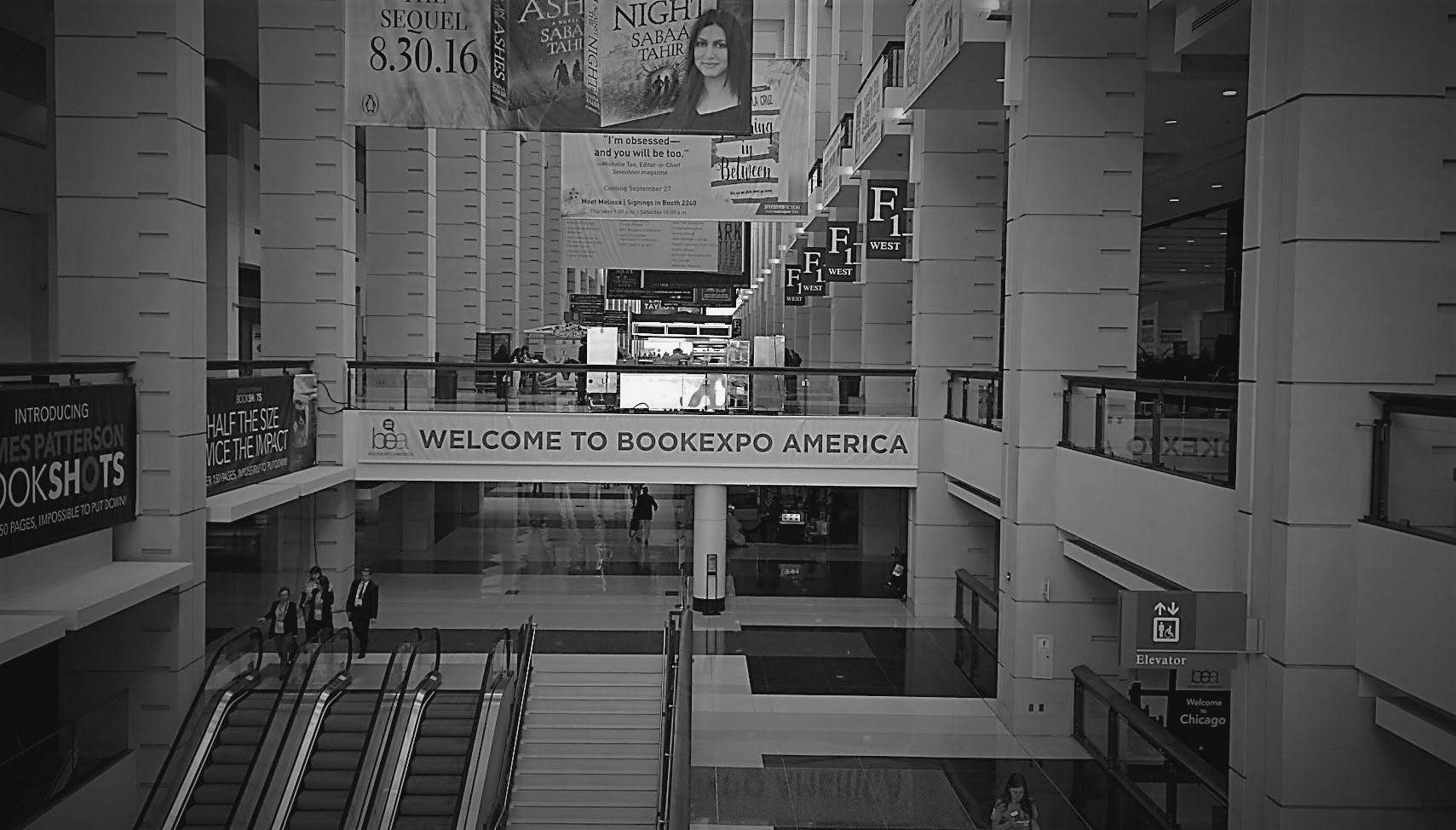 In retrospect, maybe Javits was already heading down the path to becoming a haunted book house before the plague hit. As far back as 2009, a respected indie bookseller shared some impressions with me about what was then called BookExpo America, concluding, "I hope that BEA can morph into something meaningful for publishers, authors and booksellers. There must be a way to communicate with each other, to wow each other that doesn't involve cheap Ikea-looking furniture. I think the dinners are valuable, the chance to meet authors is valuable, the empty booths are not. Something is going to change, because those vacant booths cost a lot of money."
In retrospect, maybe Javits was already heading down the path to becoming a haunted book house before the plague hit. As far back as 2009, a respected indie bookseller shared some impressions with me about what was then called BookExpo America, concluding, "I hope that BEA can morph into something meaningful for publishers, authors and booksellers. There must be a way to communicate with each other, to wow each other that doesn't involve cheap Ikea-looking furniture. I think the dinners are valuable, the chance to meet authors is valuable, the empty booths are not. Something is going to change, because those vacant booths cost a lot of money."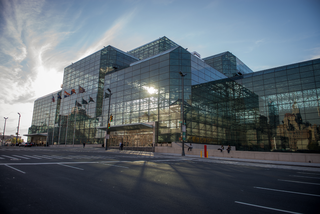 Were the vacant booths a sign of things to come? Over the next decade, we all know that the BookExpo exhibit floor became increasingly... spacious, as fewer exhibitors participated and larger companies downsized their presence. It didn't quite reach the point where Edgar Allan Poe might have found inspiration for a story about scary book people in an abandoned glass castle, but in the years leading up to 2020 the possibility of an intervention by New York's Finest (cue Ghostbusters) didn't seem out of the question.
Were the vacant booths a sign of things to come? Over the next decade, we all know that the BookExpo exhibit floor became increasingly... spacious, as fewer exhibitors participated and larger companies downsized their presence. It didn't quite reach the point where Edgar Allan Poe might have found inspiration for a story about scary book people in an abandoned glass castle, but in the years leading up to 2020 the possibility of an intervention by New York's Finest (cue Ghostbusters) didn't seem out of the question.